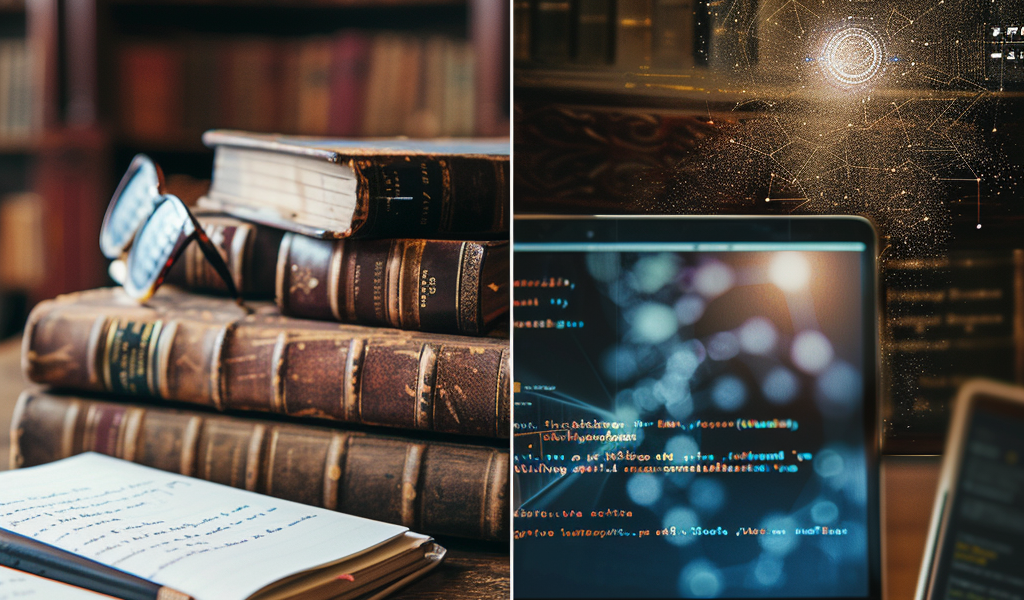In a significant move to enhance academic integrity, Turnitin has unveiled a new AI paraphrasing detection feature designed specifically for educators and publishers. This innovative tool, part of Turnitin’s broader AI writing capabilities, aims to assist in identifying instances where AI paraphrasing tools have been utilized to alter AI-generated text, thereby avoiding detection.
The rise of generative AI tools has presented unique challenges in maintaining original critical thinking within educational and research writing. Students and researchers increasingly rely on these technologies, with a recent study revealing that 59% of students regularly use generative AI tools, in contrast to only about 40% of educators and administrators. This disparity highlights the growing need for tools that can discern the authenticity of written work.
Turnitin’s new feature addresses this pressing issue by pinpointing instances where AI paraphrasing may have been applied to modify AI-generated content. This capability not only aids in the detection of potential academic dishonesty but also fosters constructive dialogue between educators and writers. Through these discussions, educators can emphasize the importance of ethical writing practices and the proper techniques for paraphrasing.
“AI has incredible potential to benefit education, but writers need to be transparent in how they use generative AI,” stated Annie Chechitelli, the Chief Product Officer at Turnitin. She further elaborated that using AI paraphrasing on AI-generated content often indicates an attempt to obscure the use of AI, which contradicts the principle of transparency. Turnitin aims to equip users with the necessary tools and insights to uphold the value of original work.
This new feature follows the launch of Turnitin’s AI writing detector and report in early 2023, a development backed by over 25 years of expertise in safeguarding academic writing. Since its introduction, Turnitin has reviewed more than 200 million papers. The data reveals that over 22 million of these papers, approximately 11%, contain at least 20% AI-generated writing, while over six million papers, or about 3%, include at least 80% AI writing.
Turnitin’s AI writing detection functionality, including the new AI paraphrasing detection feature, is integrated into Turnitin Originality, ensuring a seamless experience for users. Additionally, iThenticate users can access this capability through a separate licensing agreement for AI writing features.
The introduction of this feature is a timely response to the evolving landscape of academic writing, where the integration of AI tools is becoming commonplace. As educators strive to maintain academic integrity, tools like Turnitin’s AI paraphrasing detection will play a crucial role in ensuring that students and researchers engage in ethical writing practices.
By enabling educators to detect and address AI paraphrasing, Turnitin is not only enhancing the integrity of academic work but also promoting a culture of honesty and transparency in writing. This initiative is expected to significantly impact how educational institutions approach the use of generative AI tools, fostering a more responsible and ethical academic environment.
As the dialogue around AI in education continues to evolve, Turnitin’s proactive approach in developing tools that address these challenges reflects its commitment to supporting educators and preserving the integrity of academic writing.





